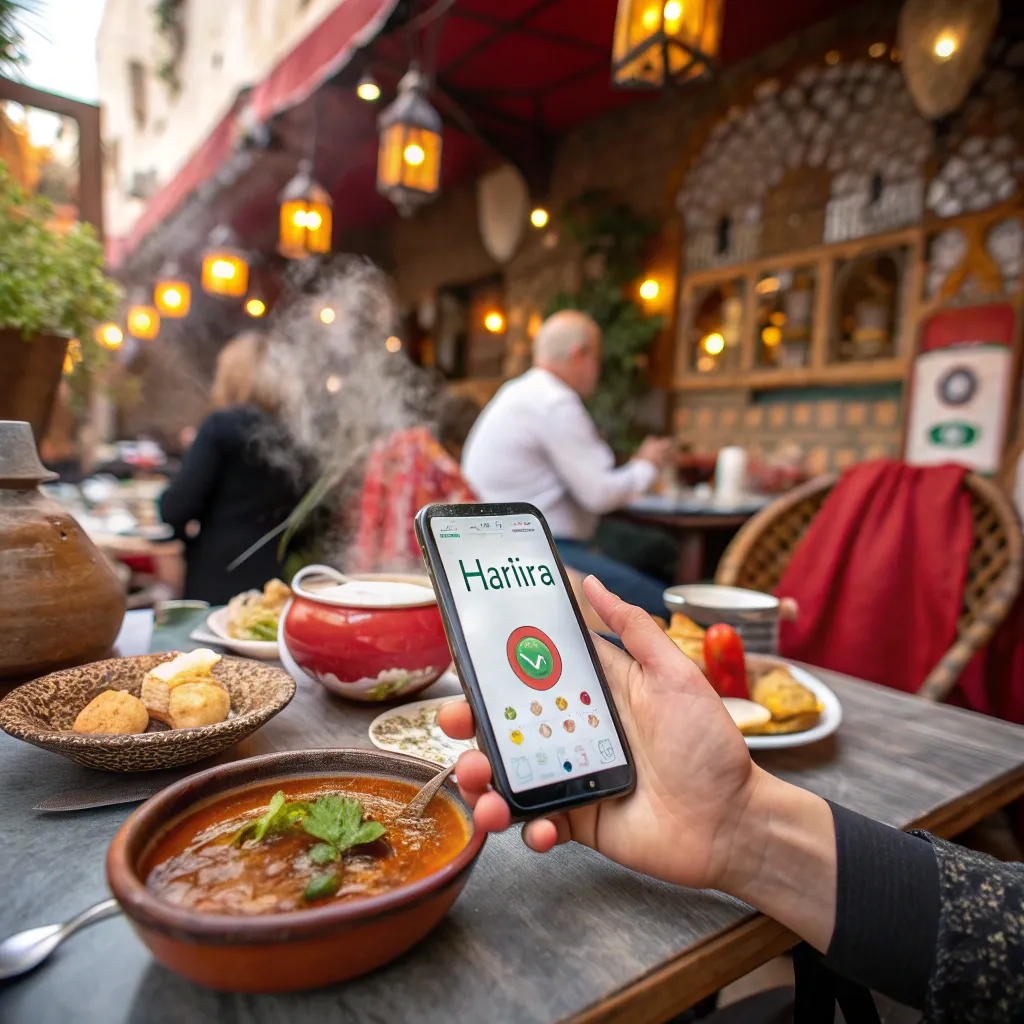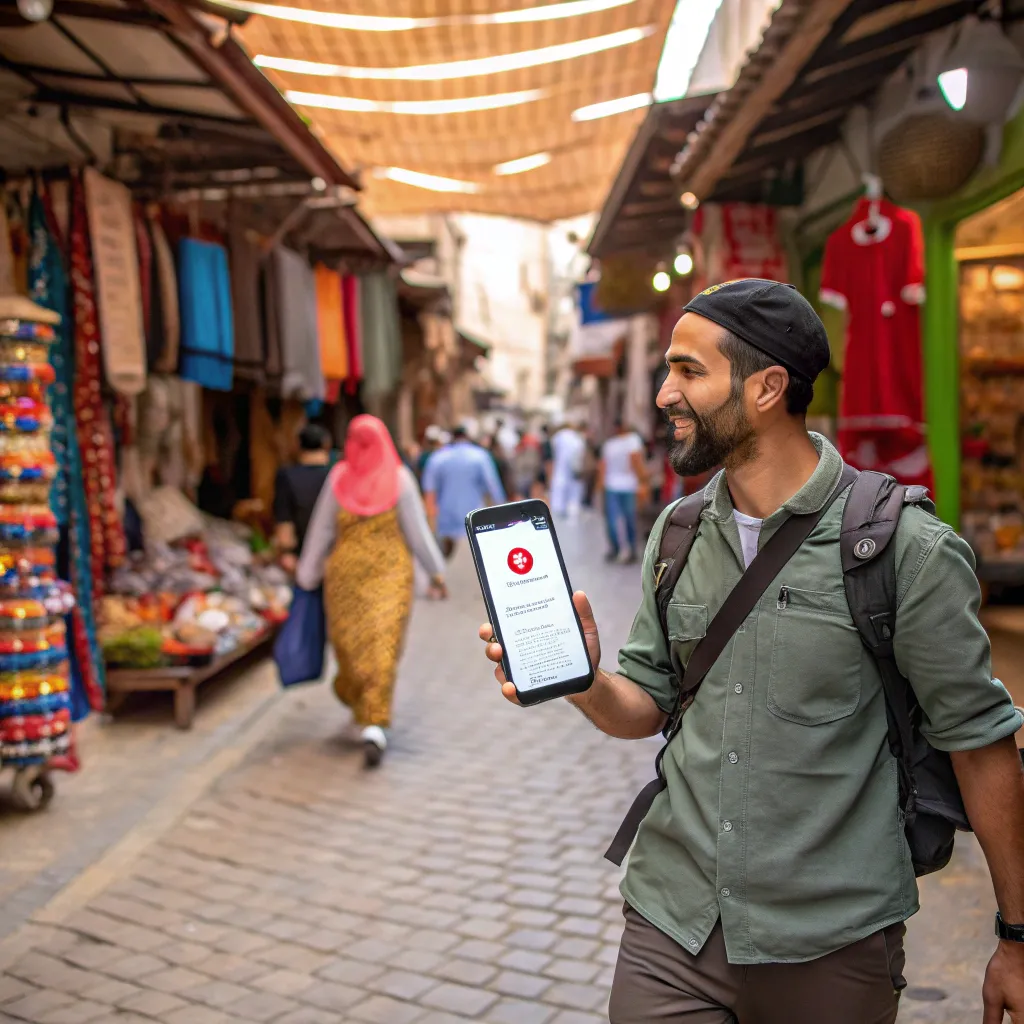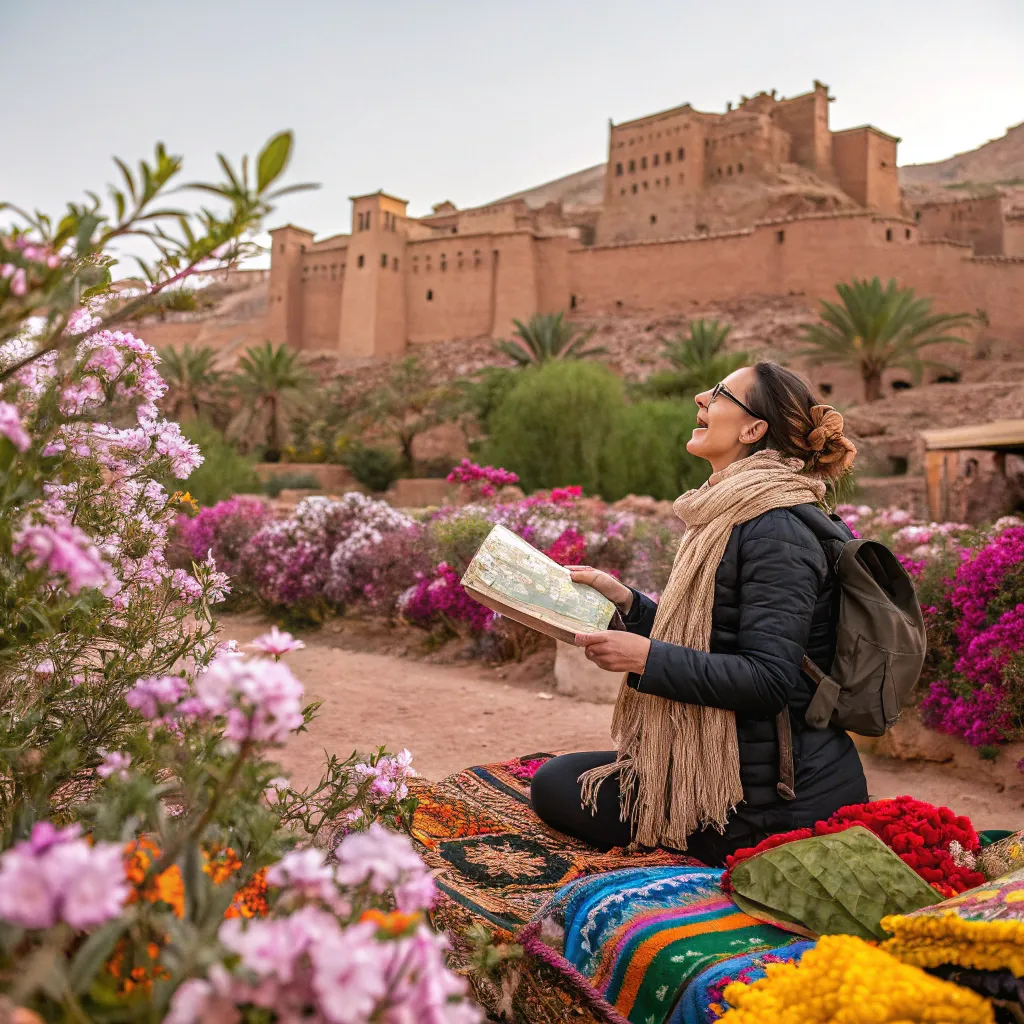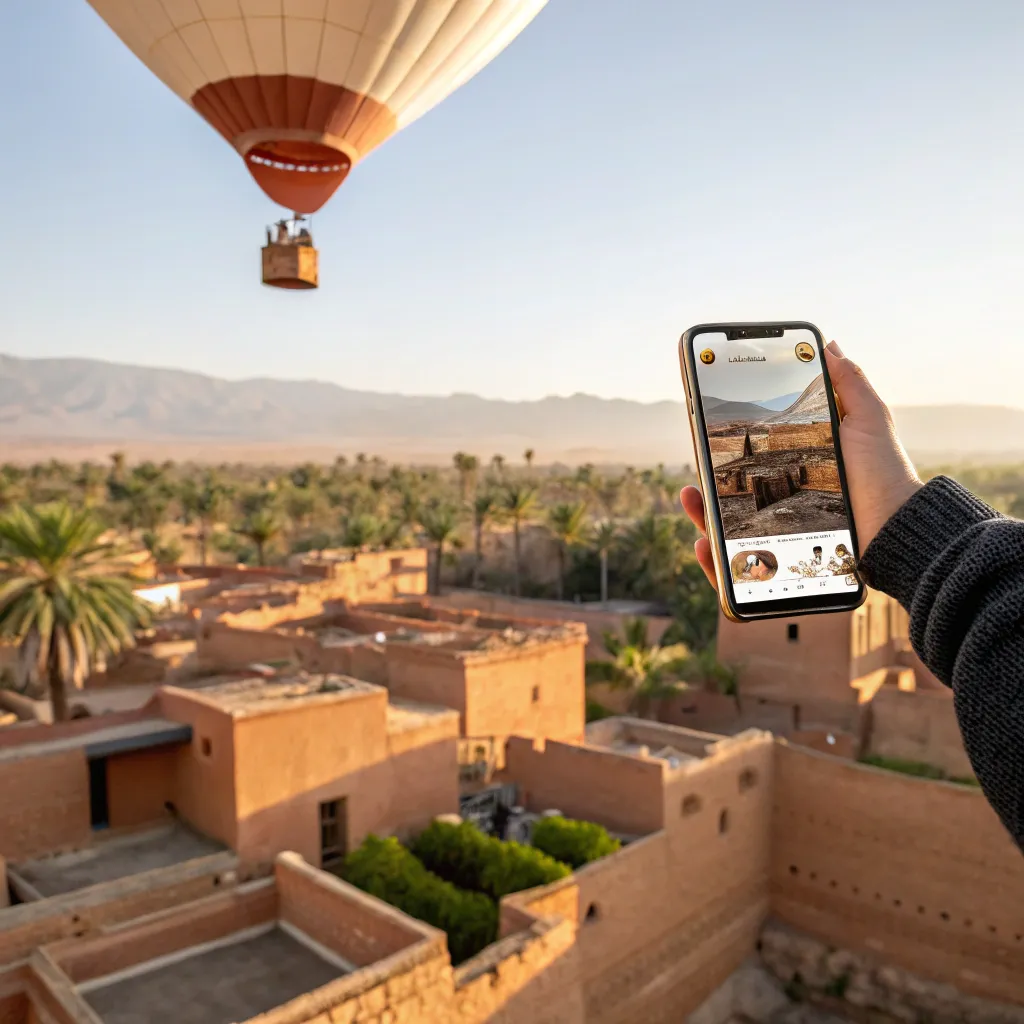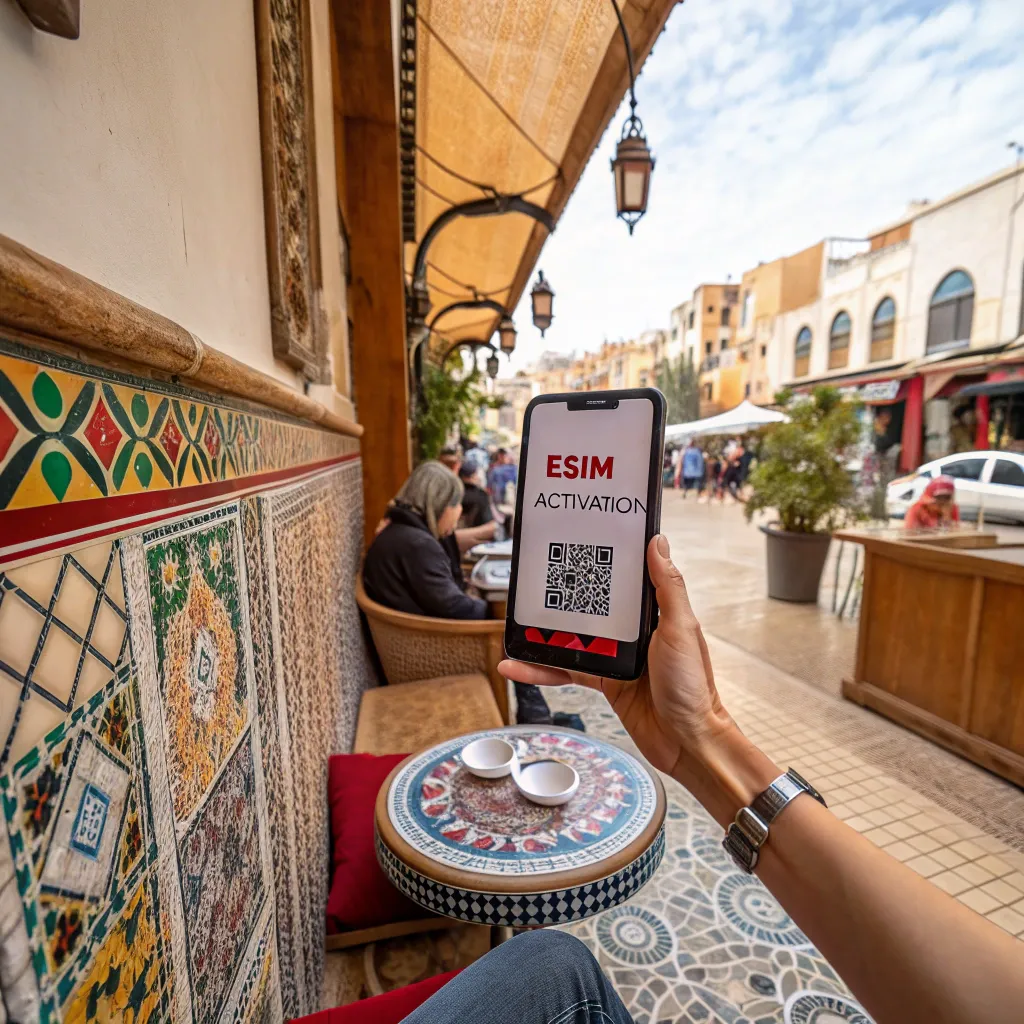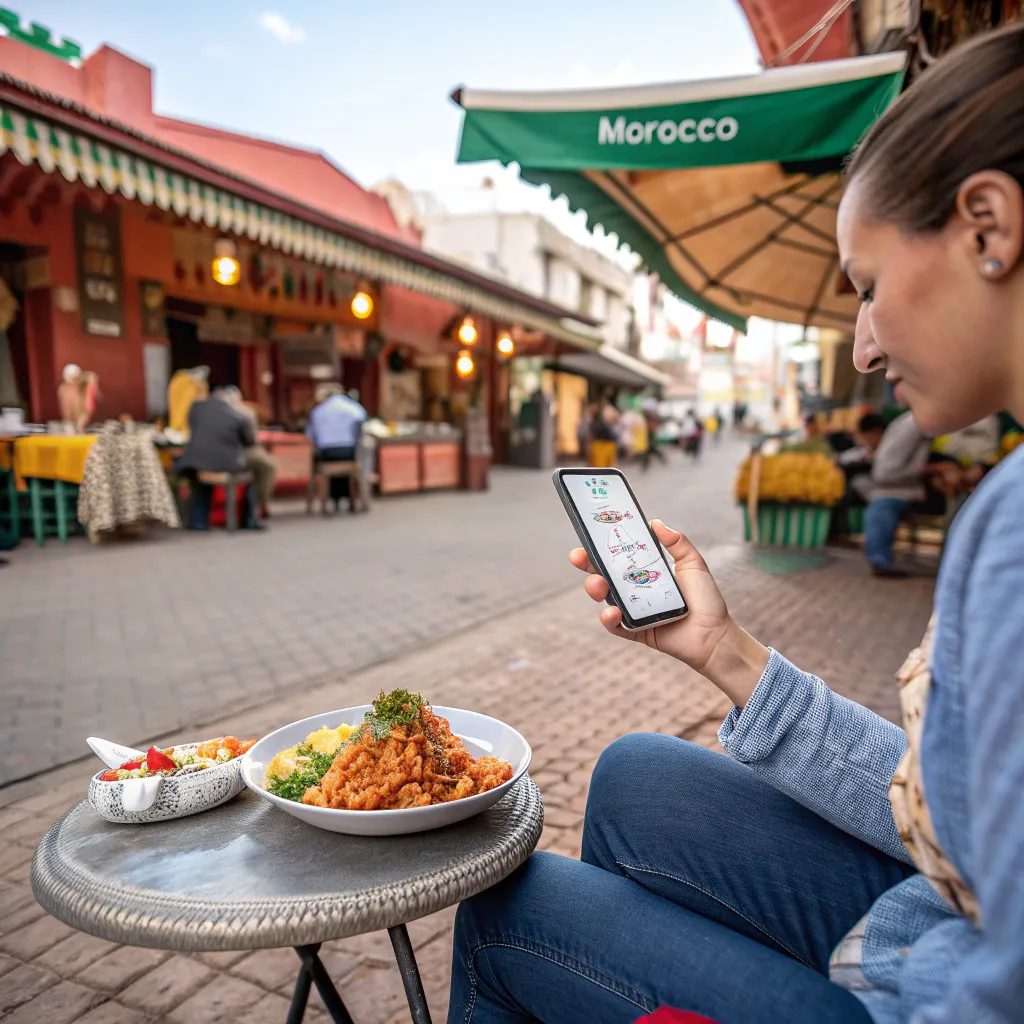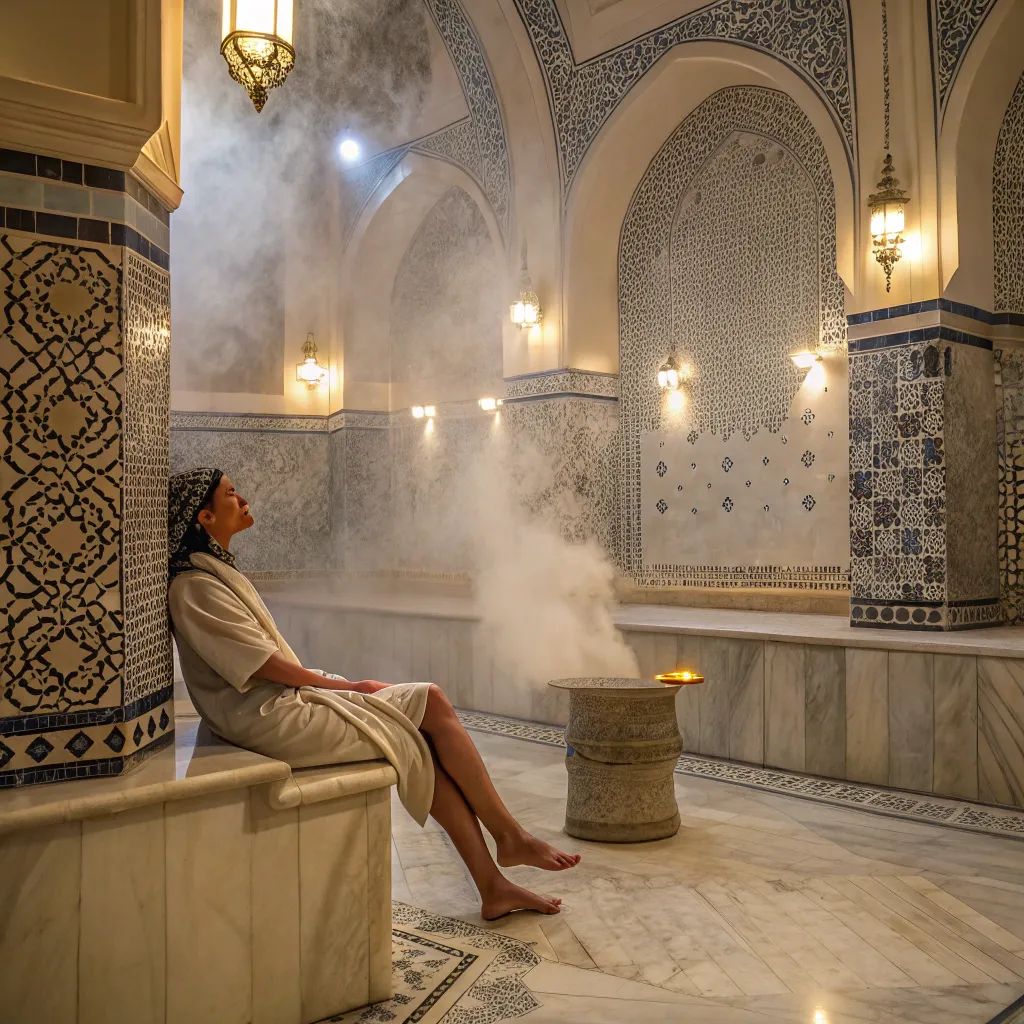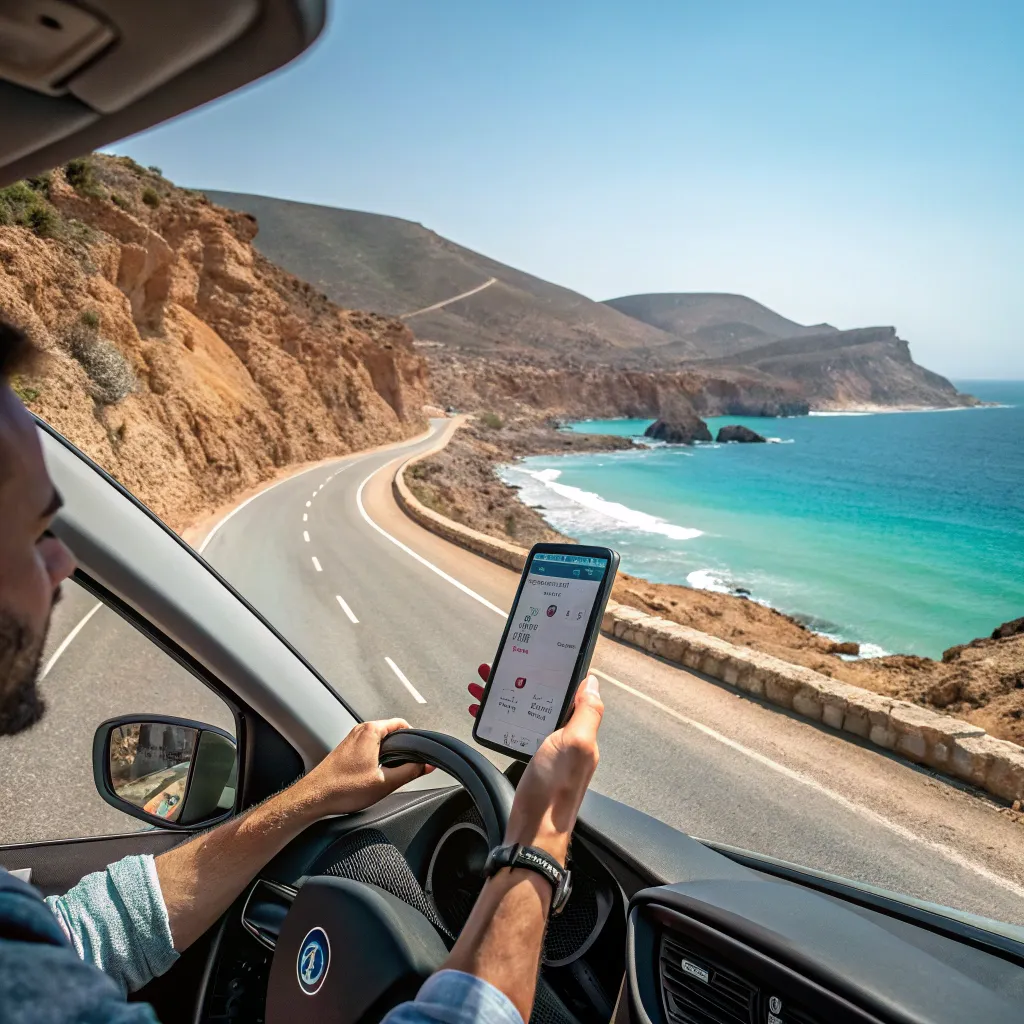Simless
February 15, 2025
Morocco's Melodies: A Traveler's Guide to Language and Connection
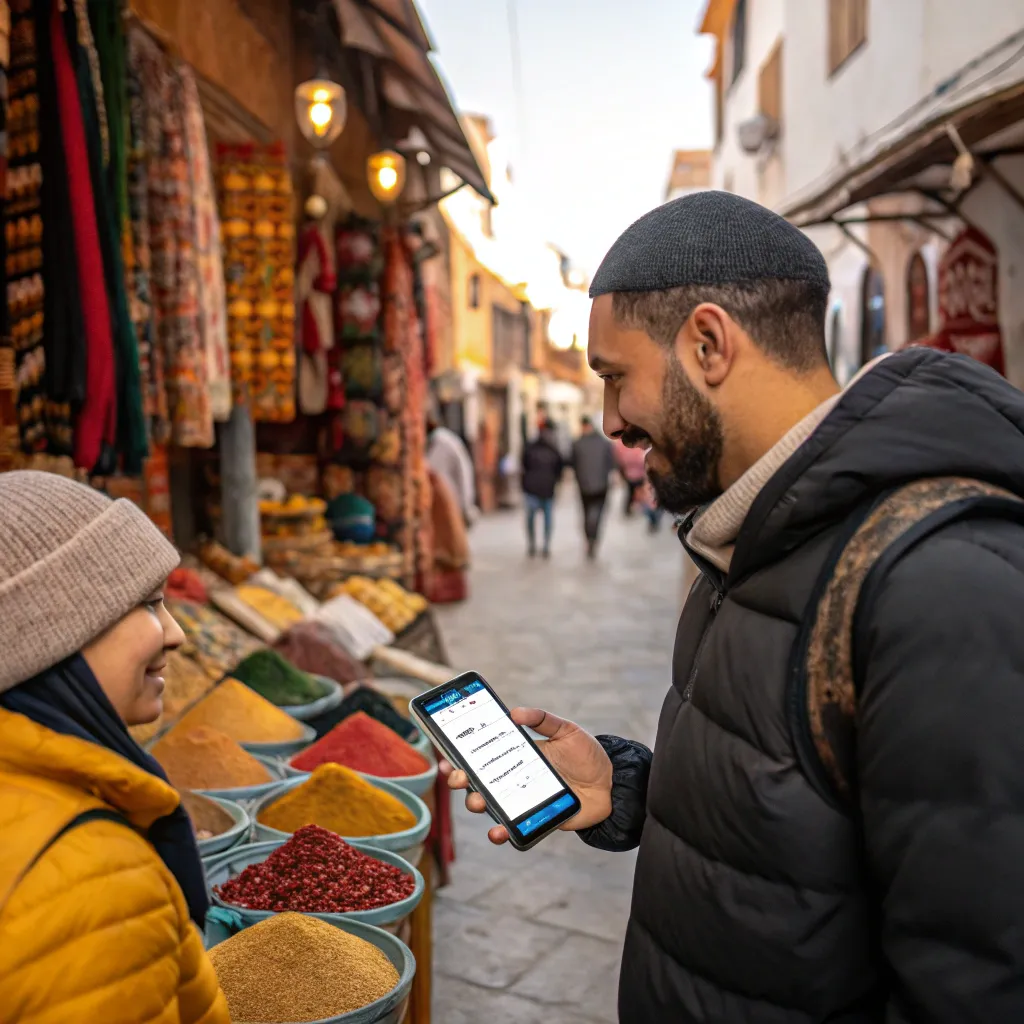
Beyond "Hello" and "Thank You": Unlocking the Heart of Morocco Through Language
Imagine stepping into a bustling Marrakech souk, not just as an observer, but as a participant. Imagine bartering for a handcrafted treasure, not in stilted English, but with a few phrases of Darija that bring a smile to the merchant's face and a twinkle to their eye. Imagine sharing stories with a Berber family in the High Atlas Mountains, connecting not just through gestures, but through the shared language of humanity.
Morocco is a land of vibrant culture, rich history, and breathtaking landscapes. But the true magic lies in the human connections you forge along the way. And while a smile can transcend any language barrier, a few words spoken in the local tongue can open doors to deeper understanding, richer experiences, and memories that will resonate long after you've returned home.
This guide isn't just a list of phrases; it's an invitation to embrace the symphony of languages that make up Morocco's vibrant tapestry. We'll equip you with essential words and phrases in Arabic, French, and Berber, offering not just translations, but insights into the cultural nuances that make each language unique. And we'll show you how staying connected with an eSIM can be your secret weapon for navigating the complexities of Morocco's linguistic landscape and deepening your connection with its people.
1. Darija: The Language of the Streets, the Souks, and the Soul
While Modern Standard Arabic (MSA) holds its place as the official language, Darija, the Moroccan dialect, is the true heartbeat of the country. It's the language of everyday conversations, of laughter shared over mint tea, of stories whispered in the shadows of ancient medinas. Learning even a few basic phrases of Darija can unlock a whole new dimension of connection with the Moroccan people.
More Than Just Words: Essential Darija Phrases That Spark Connection:
- As-salamu alaykum (السلام عليكم) & Wa alaykum as-salam (وعليكم السلام): More than just "hello" and "goodbye," this traditional Islamic greeting ("Peace be upon you") and its response are an exchange of blessings, a recognition of shared humanity. Use it generously, and watch as smiles bloom around you.
- Sabah al-khayr (صباح الخير): "Good morning." Greet the day – and the people you meet – with this warm and respectful phrase.
- Shukran (شكراً): "Thank you." This simple word, spoken with sincerity, carries immense weight. Express your gratitude often, and watch as connections blossom.
- Afak (عفاك): "You're welcome." A gracious response that shows your appreciation for their thanks.
- Na’am/La (نعم/لا): "Yes/No." Essential building blocks for any conversation.
- Bish’hal hadha? (بِقْدَار هَذَا؟): "How much is this?" Venture into the bustling souks armed with this phrase, and prepare to haggle like a pro. Remember, it's not just about the price; it's about the playful banter and the shared experience.
- Ana bghit… (أنا بغيت…): "I would like…" From ordering a steaming tagine to requesting a refreshing mint tea, this phrase empowers you to express your desires and navigate the culinary landscape of Morocco with confidence.
- T’bina! (طبيعة!): "Delicious!" Let the chef know you appreciate their culinary artistry with this enthusiastic exclamation.
- Wayn…? (وين…؟): "Where is…?": Lost in the labyrinthine alleyways of the medina? Don't panic! Use this phrase to ask for directions, and discover not just the place you're looking for, but perhaps a hidden gem along the way.
- Yasaar/Yamiin (يسار/يمين): "Left/Right." Essential navigation tools for deciphering the twists and turns of any Moroccan city.
- Qadam (قدام): "Straight ahead." Your guidepost to reaching your destination.
2. French: A Lingua Franca for Navigating the Modern World
French, a legacy of Morocco's colonial past, remains a widely spoken language, particularly in urban areas, tourist establishments, and government offices. While not as deeply embedded in the cultural heart of Morocco as Darija, French can be a valuable tool for navigating the modern world and connecting with a different segment of Moroccan society.
Essential French Phrases:
- Bonjour/Bonsoir: "Hello/Good evening." Simple greetings that go a long way in establishing a friendly rapport.
- Au revoir: "Goodbye." A polite farewell to those you encounter.
- Merci/S'il vous plaît: "Thank you/Please." These essential words of courtesy are appreciated in any language.
- Combien ça coûte ?: "How much does it cost?" Useful for shopping and dining.
- Je voudrais…: "I would like…" Use this phrase to order food, request assistance, or express your needs.
- L’addition, s’il vous plaît: "The bill, please." A polite way to conclude your dining experience.
- Où est la gare ?: "Where is the train station?" Essential for navigating public transportation.
- Je suis perdu(e).: "I'm lost." Don't be afraid to ask for help if you find yourself disoriented in a new city.
3. Berber (Amazigh): Honoring the Ancient Roots of Morocco
Berber, or Amazigh, represents the indigenous languages of Morocco, spoken by a significant portion of the population, especially in rural areas and the mountains. While less prevalent in tourist centers than Arabic or French, learning a few Berber phrases demonstrates respect for Morocco's rich cultural heritage and can forge deeper connections with the Amazigh people.
A Window into Tradition: Essential Berber Phrases:
- Azul (ⴰⵣⵓⵍ): "Hello." A warm and welcoming greeting that transcends dialects.
- Tanmirt (ⵜⴰⵏⵎⵉⵔⵜ): "Thank you." Express your gratitude with this heartfelt word.
- Ih/Ala (ⵉⵀ/ⴰⵍⴰ): "Yes/No." Simple yet powerful tools for communication.
- Amzi (ⴰⵎⵣⵉ): "Friend." Forge connections by addressing someone as a friend.
- Anzar (ⴰⵏⵣⴰⵔ): "Water." A vital word to know, especially when trekking or exploring the desert.
- Aselwi (ⴰⵙⴻⵍⵡⵉ): "Beautiful." Express your admiration for Morocco's stunning landscapes and intricate artistry.
4. Navigating the Multilingual Landscape of Morocco: Embrace the Symphony of Sounds
Morocco's linguistic diversity can be both fascinating and challenging. You might find yourself in a conversation where Arabic, French, and Berber interweave seamlessly, reflecting the country's rich tapestry of cultures. Don't worry if you don't understand every word – your effort to communicate in any of these languages will be appreciated.
Tips for Effective Communication:
- Start with a Smile: A genuine smile is a universal language that transcends words.
- Embrace the Basics: A simple "Bonjour," "Azul," or "As-salamu alaykum" can go a long way in establishing a friendly connection.
- Gestures and Body Language: Nonverbal cues can be incredibly helpful in bridging communication gaps.
- Embrace Technology: Download translation apps like Google Translate or iTranslate, which work offline and can be a lifesaver when paired with the mobile data from your eSIM.
5. eSIM: Your Pocket-Sized Language Companion for Seamless Connection
In today's interconnected world, technology can be your greatest ally in navigating language barriers. With an eSIM providing seamless connectivity, you can access translation apps, language learning resources, and online dictionaries on the go.
- Instant Translations: Use Google Translate's camera feature to instantly translate signs, menus, or written documents.
- Pre-recorded Phrases: Play pre-recorded phrases from language learning apps to ask for directions, order food, or engage in basic conversations.
- Offline Dictionaries and Phrasebooks: Download offline resources to access language support even without an internet connection.
Conclusion: Speak the Language of Connection, and Unlock the Heart of Morocco
Learning a few key phrases isn't just about getting by; it's about showing respect, building bridges, and unlocking authentic experiences that will enrich your journey in countless ways. By embracing the linguistic diversity of Morocco, you'll connect with its people on a deeper level and discover the true magic that lies within. So, practice your "shukran," "merci," and "tanmirt," and get ready to create memories that will last a lifetime.
Last Articles
Simless
March 17, 2025
Simless
March 16, 2025
Simless
March 15, 2025
Simless
March 14, 2025
Simless
March 14, 2025
Simless
March 13, 2025
Simless
March 7, 2025


